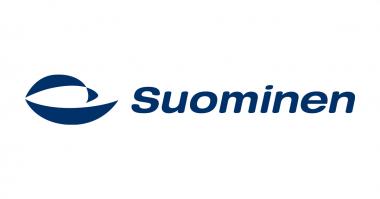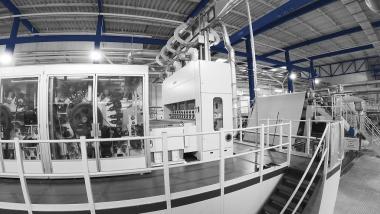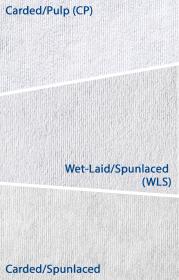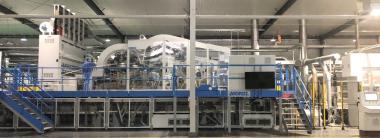DNFI Innovation in Natural Fibres Award Ceremony During Heimtextil
Natural fibers are among the most important raw materials in the textile and fashion industry worldwide. For centuries, they have fed millions of people through their cultivation or breeding, and it is impossible to imagine daily life without them. Especially at the moment, natural fibers are gaining special importance due to the intense discussions about sustainable living. Even though natural fibers have accompanied mankind for a long time, they are changeable, technical, and adaptable to the challenges of the textile industry.
The Discover Natural Fibres Initiative (DNFI) is celebrating natural fibres in a program to be conducted during Heimtextil in Frankfurt on 23 June. Anyone with an interest in the role of natural fibres in the world economy, economic indicators of textile activity, innovations in natural fibre research, and updates on proposed EU legislation affecting textiles is welcome to attend.
The program will include various presentations by the previous and current award winners, presentations, and discussions:
Overview of world natural fibre production, employment, and value,
- Economic indicators and impacts of coronavirus on textile industries,
- Updates on innovative uses of natural fibres:
- Use of wool in automobile insulation applications for enhanced sustainability,
- Using cellulose from cotton to produce a biodegradable plastic substitute,
- Manufacturing waterproof fabric from a blend of cotton and jute as sustainable
- Substitute for polypropylene tarps
- Proposed EU textile legislation and potential impacts on natural fibres
DNFI









































